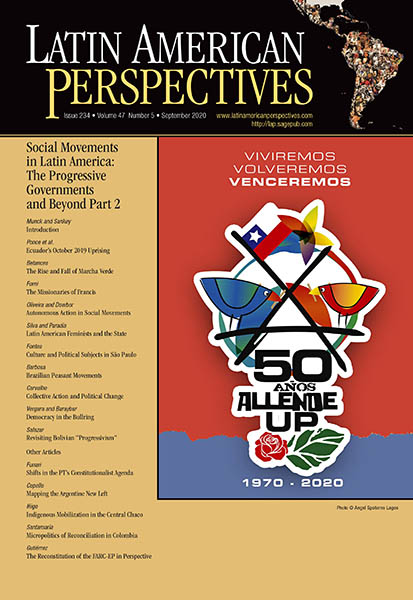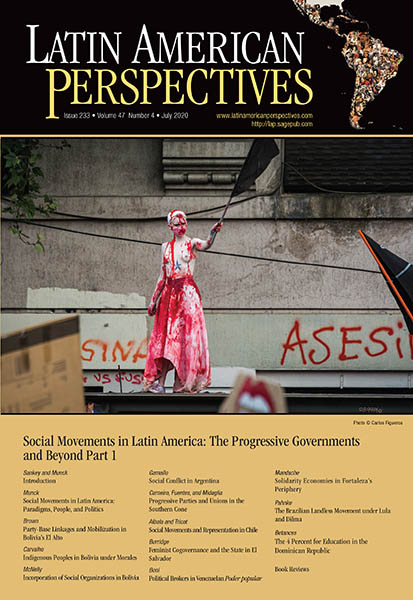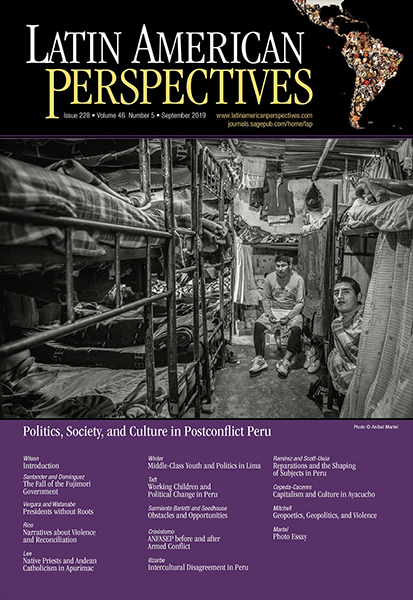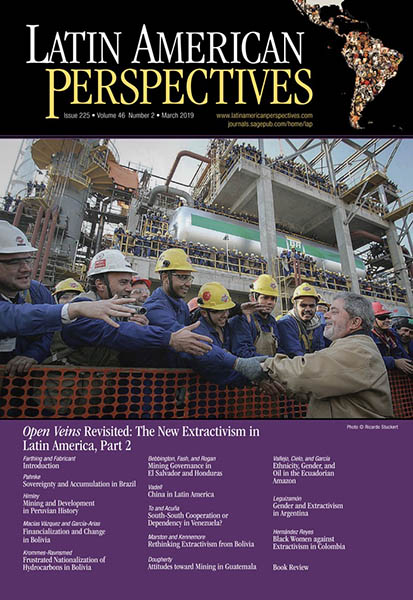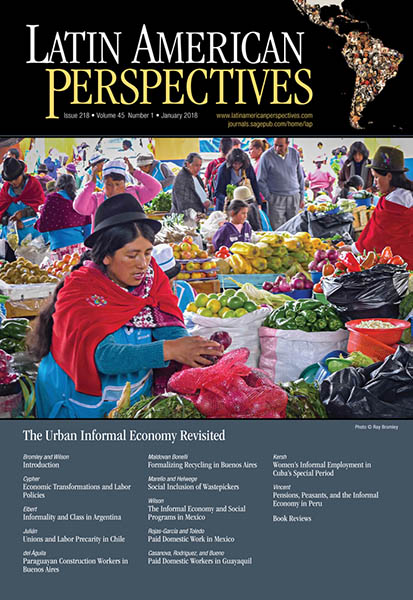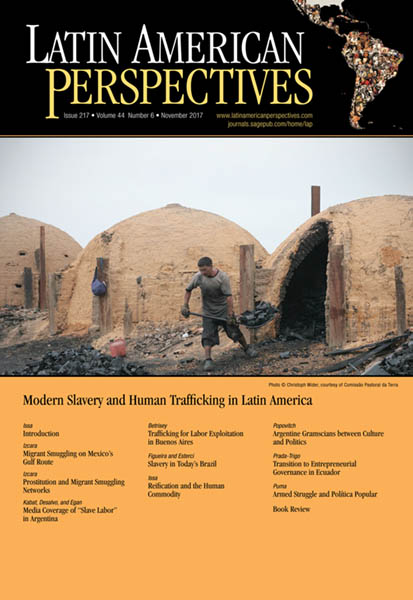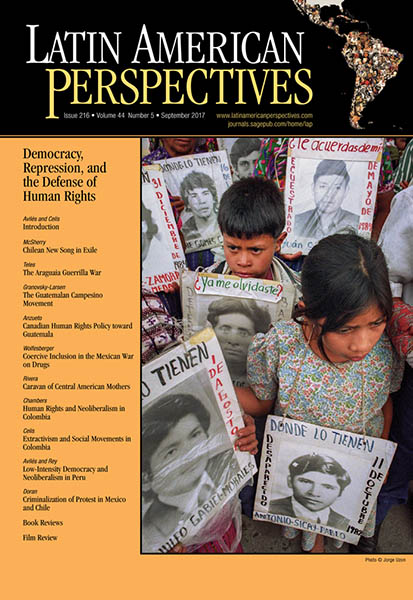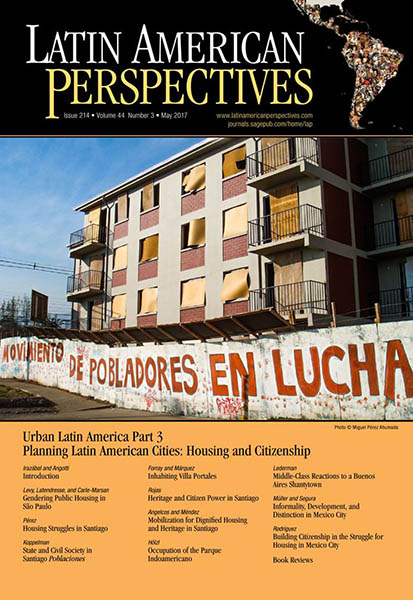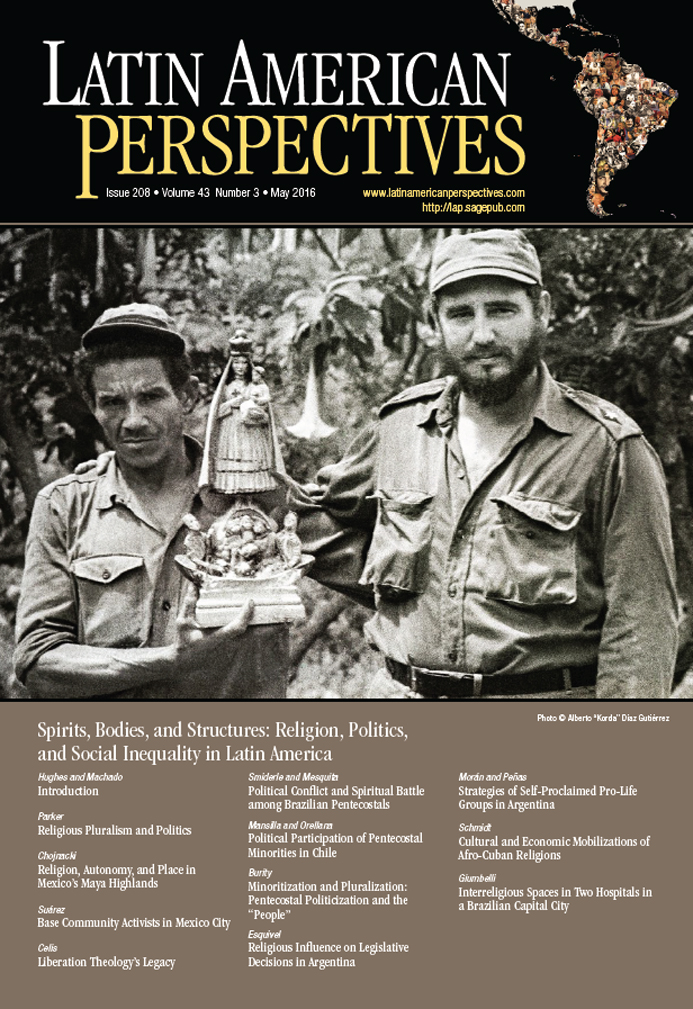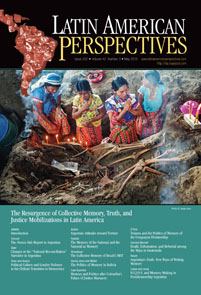Social Movements in Latin America: The Progressive Governments and Beyond Part 2
Sept 2020 Issue Editors: Ronaldo Munck and Kyla Sankey This second instalment of a social movements in Latin America dedicated issue develops some of the key themes from Issue 1. The progressive governments have faded and right wing regimes prevail but social movements continue. It takes up the complex interplay between the movements and the changing political domain. It examines the rural movements, the Workers’ Party of Brazil, feminism, the piqueteros of Argentina and the 2019 indigenous revolt in Ecuador. TABLE OF CONTENTS | PURCHASE THIS ISSUE


